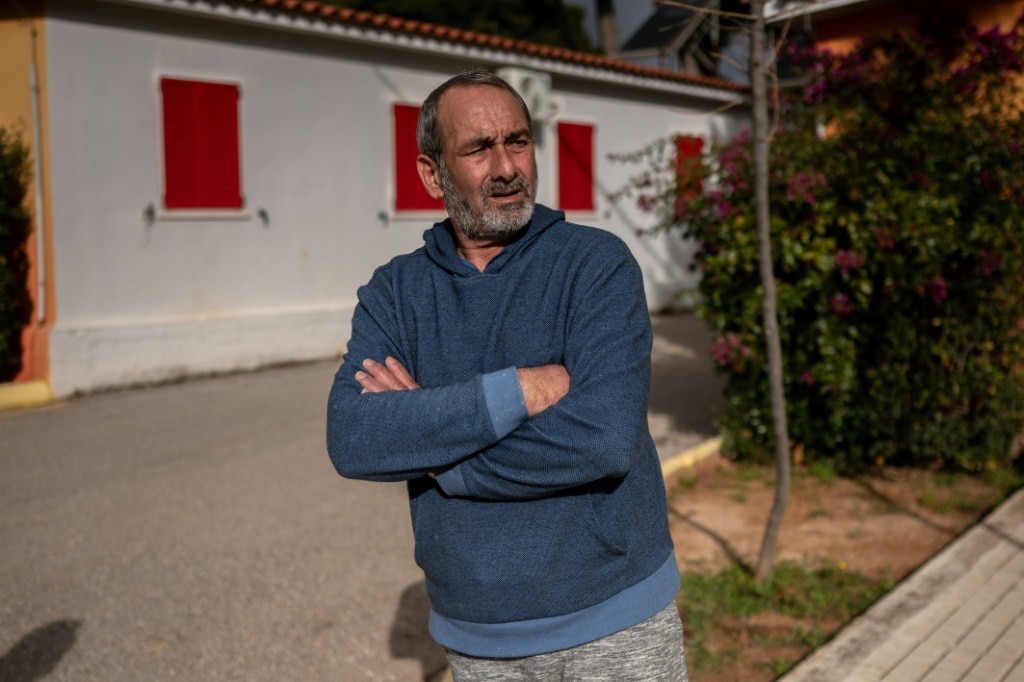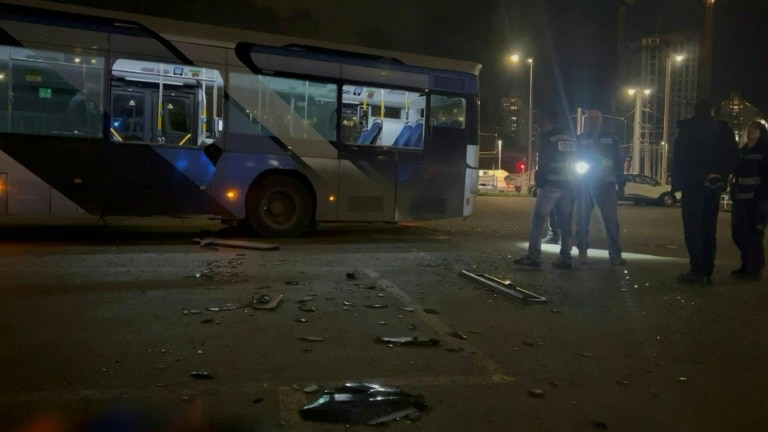Islanders keen to return to Santorini even as quakes continue
Islanders keen to return to Santorini even as quakes continue

Ilias Roussos will never forget the day he was driven from his native island of Santorini with thousands of others by a quake barrage that shows little sign of slowing down after three weeks.
"Three of my children were crying, my wife was on edge too," the father of four, 54, told AFP at a summer camp near Athens temporarily housing scores of people who were also forced to leave their homes.
One of Greece's top travel destinations, Santorini and its neighbouring islands of Amorgos, Anafi and Ios have since January been rocked by thousands of tremors, including several of between 5.0 and 5.3-magnitude.
Another 5.0-magnitude quake hit early on Tuesday morning.
By the first weekend of February, the activity had reached a point that even sleeping became difficult, and a mass exodus from the island began.
After spending two nights in his car, Roussos on February 1 decided it was time to flee.
"We left, what was I supposed to do?" he said.
Within days, most of Santorini's nearly 16,000 residents in addition to seasonal workers had abandoned the island.
Many found shelter with relatives in Athens, while a number of workers flew back to their native Albania.
A state of emergency has been declared on all four islands, and schools have been shut until Friday.
Around 130 people from Santorini are currently housed at the 18-hectare summer camp of Agios Andreas 30 kilometres (miles) northeast of Athens, which is run by the city.
Nearly half of them are minors.
"They are in good spirits, more than we expected. They feel safe here," said the camp's supervisor Christina Vasiliou.
Each house in the camp has heating and can accommodate a family of four. Residents receive three meals daily and have access to a laundry service.
At the camp cafeteria, a small group of teenagers and youngsters huddled over tablets and cellphones.
A 16-year-old boy was following a long-distance literature course.
Edri, 15, pointed to a school programme on his cellphone showing that he has two courses a day.
For the rest of the day, the camp offers sports activities and leisure.
"Obviously, we'd rather stay here than go back to Santorini," he grinned.
But the grown-ups are getting antsy.
"It's a bit difficult with four children here," said Roussos, who is mulling over the option of moving to Georgia where his wife is from.
Ilir Cingerrima, a 39-year-old house painter originally from Albania, said the camp accommodation is more spacious than his home in Santorini.
But he is already losing work by staying away.
"If schools reopen we will return immediately," he said, glancing at his 12-year-old son.
- 'We don't ask for much' -
"We are extremely happy here... we don't ask for much... at least we are indoors in a warm space," said his wife Arjana, a hotel employee.
Cingerrima's surname means "icy cold" in Albanian. He notes the irony in his family's present situation.
"One of my ancestors once took in people from the cold. Now we are the ones given shelter here," he said.
Athens University has calculated that the islands have been hit by some 20,000 tremors since January 26.
However, no significant damage or injuries have been reported.
Santorini attracted about 3.4 million visitors in 2023, with upwards of a million of those from cruise ships.
Tour operators fear that the seismic activity could soon begin to adversely impact bookings, which usually gather pace in March.
The area is historically prone to quakes. But scientists say that the region has not experienced a phenomenon on this scale since records began in 1964.
Additional sensors have been placed in the area, and a seismic research vessel was last week sent to gather data.
Santorini is part of a spectacular volcanic caldera. Two undersea volcanoes in the area, Nea Kameni and Kolumbo, last erupted in 1950 and 1650 respectively.
Some scientists have warned of a possible buildup of magma underground. But a state committee of experts monitoring the activity has downplayed the risk of an eruption.
jph/fg



